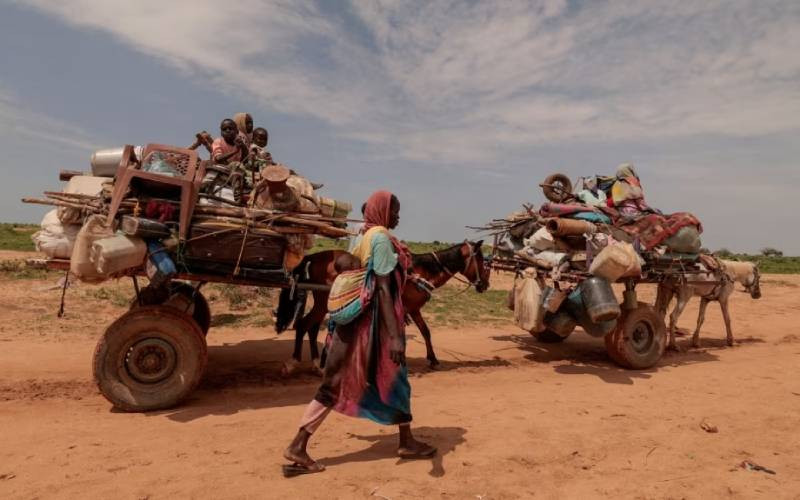×
The Standard e-Paper
Join Thousands Daily

Talks between Sudan's warring factions resumed on Thursday in Jeddah, Saudi Arabia, with a focus on securing access for humanitarian aid to reach beleaguered civilians, according to senior U.S. State Department officials.
The United States and Saudi Arabia have brokered multiple cease-fires between the Sudanese Armed Forces (SAF) and the paramilitary Rapid Support Forces (RSF) at talks in Jeddah since May, but fighting has continued in Khartoum and elsewhere, with each side accusing the other of cease-fire violations.